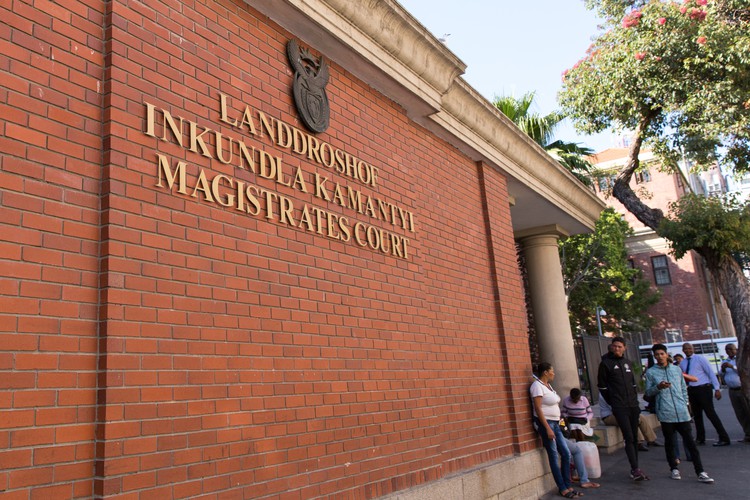Woodstock pensioner fights her eviction
Landlord pushed up rent by 37%
Woodstock resident Amina Kamish, 63, faces possible eviction after her landlord raised her rent by 37%, which she refuses to pay.
Kamish has been living in her Woodstock home for 18 years, during which time her rent has increased by 10% annually. According to Jonty Cogger, an attorney at Ndifuna Ukwazi Law Centre, who has taken on her case, she lodged a complaint at the Rental Housing Tribunal arguing that the sudden 37% increase was unreasonable. She currently pays R6,800 a month.
Her landlord failed to attend the tribunal hearing, in spite of a subpoena, and approached the Cape Town Magistrates Court for an eviction order, said Cogger.
However the landlord failed to attend the hearing in the magistrates court on 16 January, so the hearing was postponed.
Cogger said the landlord’s justification for the 37% increase in rent was based on an increase in the property’s value, which meant Kamish was paying below the market level.
“He’s using gentrification as a justification for increasing the rent,” said Cogger. “This case is an example of the property crisis and eviction crisis in Cape Town. Landlords are increasingly using increased property prices, which is slowly and systematically displacing members of the Woodstock community.”
“I thought we could come to a settlement,” said Kamish. “There isn’t a single day that I didn’t look after the property.”
According to Cogger, the Rental Housing Tribunal has the power to determine what is a just and equitable rental.
Kamish is currently living with four children in her Woodstock home. She has been looking after the children since their mother has been recovering in a rehab facility.
“This is a classic case of gentrification, eviction, and displacement,” said Cogger. “Evictions are a crisis.”
Support independent journalism
Donate using Payfast

Don't miss out on the latest news
We respect your privacy, and promise we won't spam you.
Next: Bonnytoun residents ignored by City of Cape Town
Previous: Lawyers dump PRASA after failure to pay R19 million
© 2020 GroundUp.
This article is licensed under a Creative Commons Attribution-NoDerivatives 4.0 International License.
You may republish this article, so long as you credit the authors and GroundUp, and do not change the text. Please include a link back to the original article.

